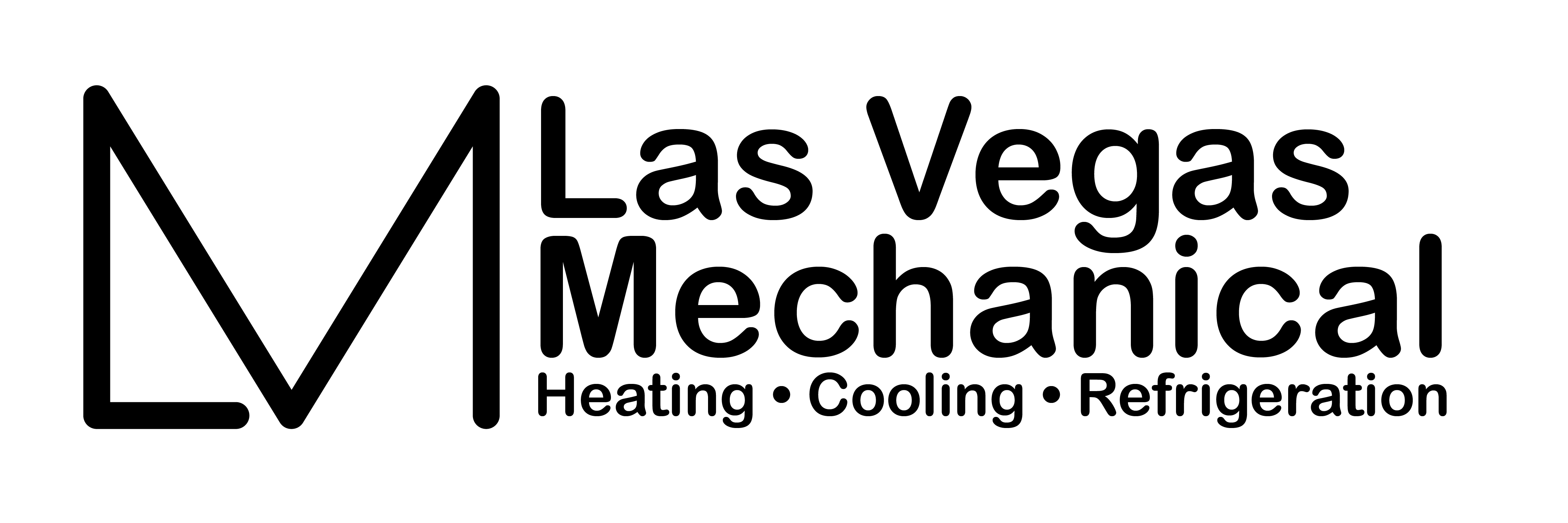The cost difference between residential and commercial HVAC systems can vary greatly depending on a number of factors. However, in general, commercial HVAC systems tend to be more expensive than their residential counterparts due to a number of reasons.
One of the primary reasons for the cost difference is the size of the units. Commercial HVAC systems are generally larger and more powerful than residential systems, as they are designed to cool or heat larger spaces such as office buildings or malls. The larger size of the units means that they require more materials and labor to manufacture and install, which drives up the cost.
In addition to the size of the units, commercial HVAC systems also tend to be more complex and feature-rich than residential systems. Commercial systems often include advanced features such as programmable thermostats, zoning controls, and air filtration systems. These additional features can add to the overall cost of the system.
Another factor that contributes to the cost difference is the level of usage that the systems are expected to handle. Commercial HVAC systems are typically used for longer periods of time and at higher intensities than residential systems, which can cause them to wear out more quickly. As a result, commercial systems may require more frequent repairs and maintenance, which can add to their overall cost.
In general, the cost difference between residential and commercial HVAC systems can vary depending on the specific needs of the building and the features and capabilities of the system. However, in most cases, commercial systems tend to be more expensive than residential systems due to their larger size, added features, and higher level of usage.
